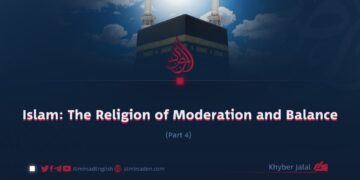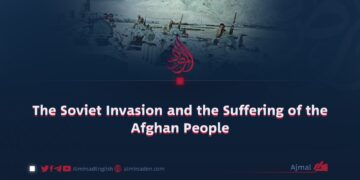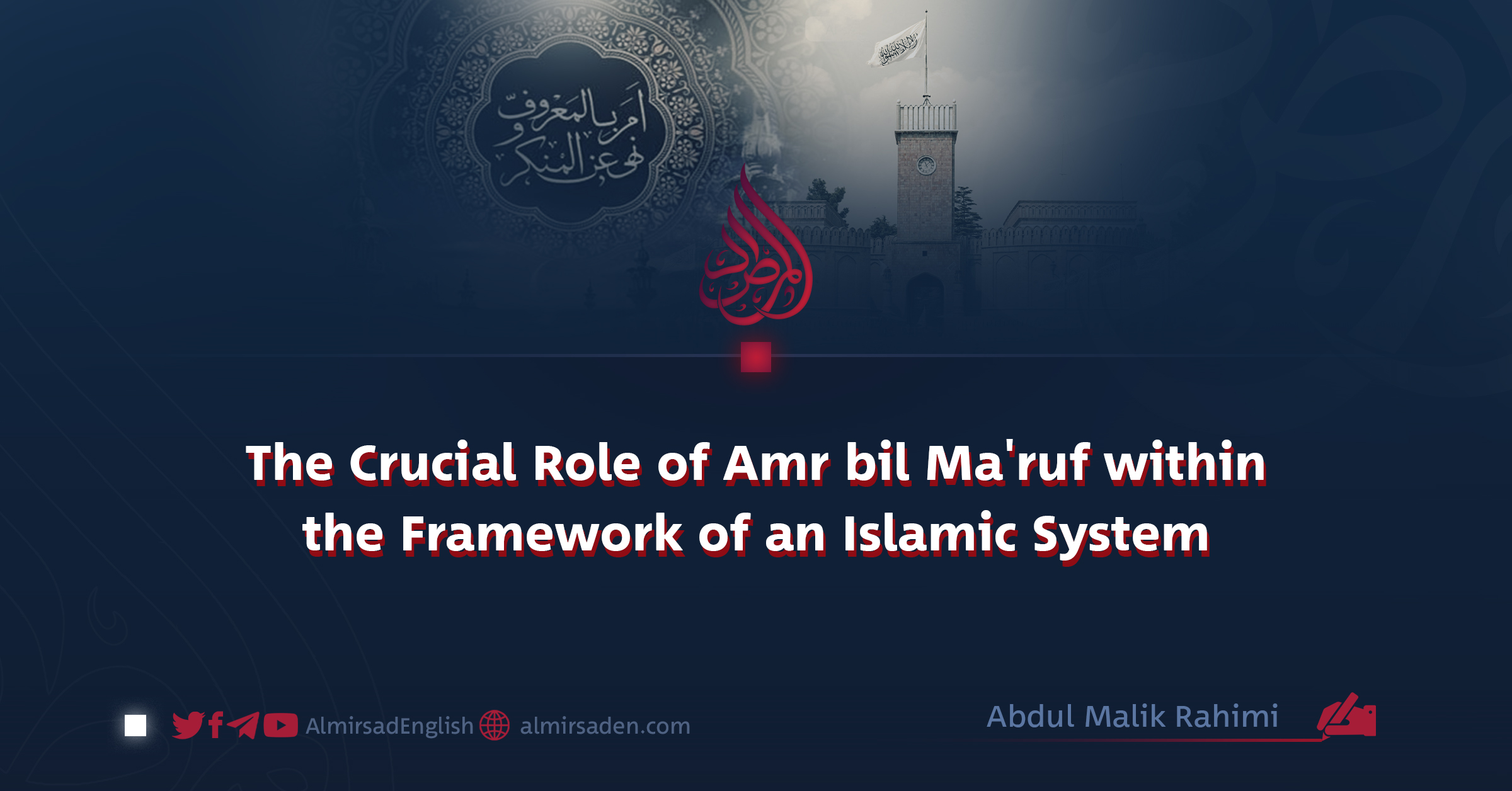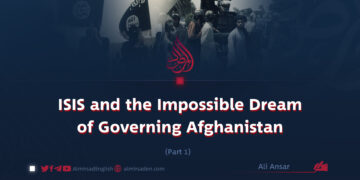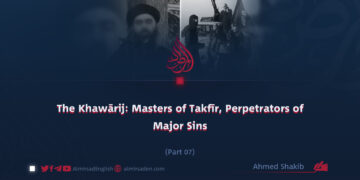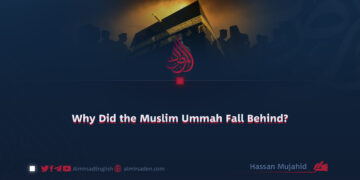Author: Abdul Malik Rahimi
Enjoining good and forbidding evil (Amr bil Ma’ruf wa Nahi anil Munkar) plays a highly significant and influential role within the framework of an Islamic system. Through this practice, profound transformation and comprehensive reform can be achieved in the individual and social lives of Muslims.
Every Islamic government is fundamentally obligated to safeguard five essential objectives in the lives of Muslims: religion, life, intellect, wealth, and lineage. If an Islamic government ensures only the security of people’s wealth and lives but neglects their religion and intellect, it leads to destruction instead of success. Thus, an Islamic state is mandated to prevent the decline, deterioration, and corruption of the religion and intellect of its citizens.
Books on Usul al-Fiqh (Principles of Islamic Jurisprudence), when categorizing the goodness (husn) of commanded actions, state that such goodness may either be intrinsic (li-dhatihi) or extrinsic (li-ghayrihi). For instance, jihad is cited as an act whose goodness is extrinsic; in itself, it involves “punishment of Allah’s servants and destruction of Allah’s lands.” However, it becomes a legitimate act due to its higher purpose—proclaiming the word of Allah.
When jihad is legitimized for such critical purposes, the responsibility of the victorious mujahid is clarified in the Quran, where Allah states:
[الَّذِينَ ان مَّکَّنَّاهُم فِي الأَرضِ أَقَامُوا الصَّلوةَ وَ أتَوُا الزَّکَوةَ وَ أَمَرُوا بِالمَعرُوفِ وَ نَهَوا عَنِ المُنکَر] (الحج_۴۱)
Translation:
“[And they are] those who, if We give them authority in the land, establish prayer and give zakah and enjoin what is right and forbid what is wrong.” (Al-Hajj: 41).
It can be inferred from this verse that jihad is legitimate for proclaiming the word of Allah, which requires power and authority. Once authority is obtained, one of the divine responsibilities entrusted to rulers is enjoining good and forbidding evil. Any opposition to this responsibility, whether intellectual, ideological, or practical, will nullify the fruits of jihad.
Although some modern analysts are surprised at the establishment of a Ministry for Enjoining Good and Forbidding Evil, the concept of Hisbah is a fundamental and vital principle in Islam’s political framework. This institution ensures the implementation of good deeds where they are neglected and addresses public violations of Islamic principles.
The Hisbah, or the Ministry for Enjoining Good and Forbidding Evil, acts as a regulatory body in an Islamic government. Through this institution, both the citizens and leaders of the Islamic state are safeguarded against moral, administrative, and political corruption.
While enjoining good and forbidding evil is a significant duty of Islamic governments, it is also a collective responsibility that pertains to every member of society, requiring individual contributions to its fulfillment.
However, this ministry operates within the bounds of Islamic teachings and must remain committed to them. It is specifically tasked with addressing public violations of Islamic principles and has no right to interfere in people’s private matters under the pretext of reform or prevention. Its duties are strictly confined to addressing public misconduct within a defined and limited framework.














